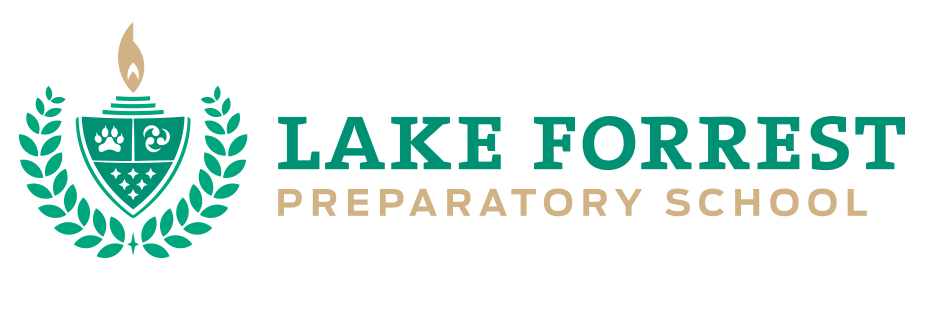The definition of a role model oftentimes brings to mind a favorite baseball player or pop star. However, any person your child emulates is a role model, whether it is you, a favorite teacher, or a best friend. A good role model–such as a coach, Orlando school teacher, or another adult–can increase your child’s self-esteem, positively influence academic performance, and teach good sportsmanship. These positive characteristics, along with determination, problem solving skills, and strong ethical values are likely to be seen and adopted by your child.
Since parents are traditionally their child’s first role model, the method in which you conduct yourself determines your child’s actions and reactions. When you watch your child talk gently to an injured animal, chances are it is because you performed the same caring deed. The malleability of a child’s psyche is evident when he or she replicates a role model’s behavior. As an example, my mother is terrified of insects. When my brother and I were toddlers, we would often see insects outside, and my mother would hide all aversion to the tiny animals and calmly explain how they worked together or dug through soil. She also taught my brother and me to take chances and bravely approach the unknown. Therefore, we are much more fearless than our friends.
Unfortunately, children are not experts at choosing role models and sometimes their judgment lacks. If you lash out verbally at your child in a fit of anger, no amount of apology will erase what you’ve said. Your child will remember, and may react similarly to a younger sibling or playmate. In a similar way, if another adult authority figure negatively impacts your child, you may note unusual behavior in how he or she acts in a given situation. When a child is uncomfortable in the presence of an adult, the signals to his or her brain are extremely scrambled: an adult is supposed to be safe and trusted, but if their role model does not hold these characteristics, children are upset and confused. This feeling of uneasiness spills into the school day and will eventually mark adults as an area of suspicion. There will no longer be a sense of trust, and the child’s basic needs are no longer being met, making concentration much more difficult, if not impossible.
If you believe your child is being negatively influenced by role models, explain that even children are not required to do everything an adult tells them if they know it is wrong. Help your child join a sports team or a school activity to break the cycle of associating adults with negative ideas. Above all, tell your child repeatedly that you love him or her and are willing to help in any way.
Share this post if you believe in the important link between role models and your child’s Orlando school life and future development. Visit the Lake Forrest Preparatory School at www.lakeforrestprep.com for additional information.

